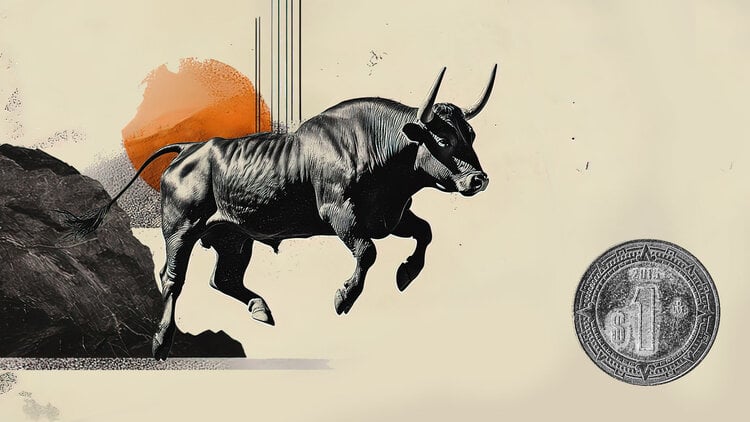The elderly correspond to 14.7% of the Brazilian population and despite the statistics of increased longevity in recent times, they still suffer prejudice. THEweighsr of the limitations in the job market and stereotypes that dictate the places, clothes and lifestyle that shouldm be adoptedsthis portion of the population has been increasingly active, revealing like longevity Can it be positive.
“We have already experienced so much, that many of them have become like this: the after is now, it has to be now. And for us to decide that, we really have to have courage and security, because we already had fears and insecurities. Now, our thinking is more stable and secure”, said model Rosa Saito in an interview with CNN Brazil.
Although it is positive for Saito, old age can come with notes that define the way people over 60 should act. As described in the WHO World Ageism Report, ageism refers to “stereotypes (how we think), prejudices (how we feel) and discrimination (how we act) towards people based on their age”.
According to the doctor and president of the Brazilian Society of Geriatrics and Gerontology, Ivete Berkenbrock, ageism increases with each year that a person ages, even having psychological consequences: “Prejudice affects a person’s mental health, because they tend to be isolated , does not feel comfortable in the environment where she is basically rejected for being over 60 years old. This can lead to depression, because every time a person thinks about doing something, they internalize it.”
In addition to the impact on the mental health of the elderly population, ageism also affects daily life. In an interview, Berkenbrock explained that leisure activities and places for physical activity, for example, are not accessible. For the specialist, promoting access only to the health area is a way of reducing the elderly to diseases, neglecting the realization of their pleasures.
Still, the health of the elderly is also something to be proud of: “Increased longevity is the greatest collective achievement of humanity in recent times. This is a privilege and shows how much we have already been able to beat infectious diseases, to go through wars and weather phenomena, to beat diseases”, said Ivete. As released by the Brazilian Institute of Geography and Statistics (IBGE), in 2019 life expectancy in Brazil was 76.6 years.
Giving strength to this positive perspective on aging, the 71-year-old model Rosa Saito affirms that she experiences achievements and recalls the importance of young people fighting ageism: “Even if you are in the flower of youth, it is time for a person to really stop, think, put your hand on your head, because they are people who have already experienced, who have experience. So, whether at work or at home, they are people who have such a load of wisdom, of experience, that they have to be respected. People have to put themselves in place.”
In addition to parading on the catwalks, Rosa shows herself as a model to be followed by those who do not want to be limited to stereotypes about those who watch so much time pass: “As long as you have the joy of living, there is no such thing as ‘Oh, I’m old enough’ . What is x age? Is it mere time? Age is in your head. I don’t think there is. As long as you’re alive, you have to try to be happy, chasing what you once wanted to do. Give you motivation to live, motivation for you to feel happy.”
Source: CNN Brasil







